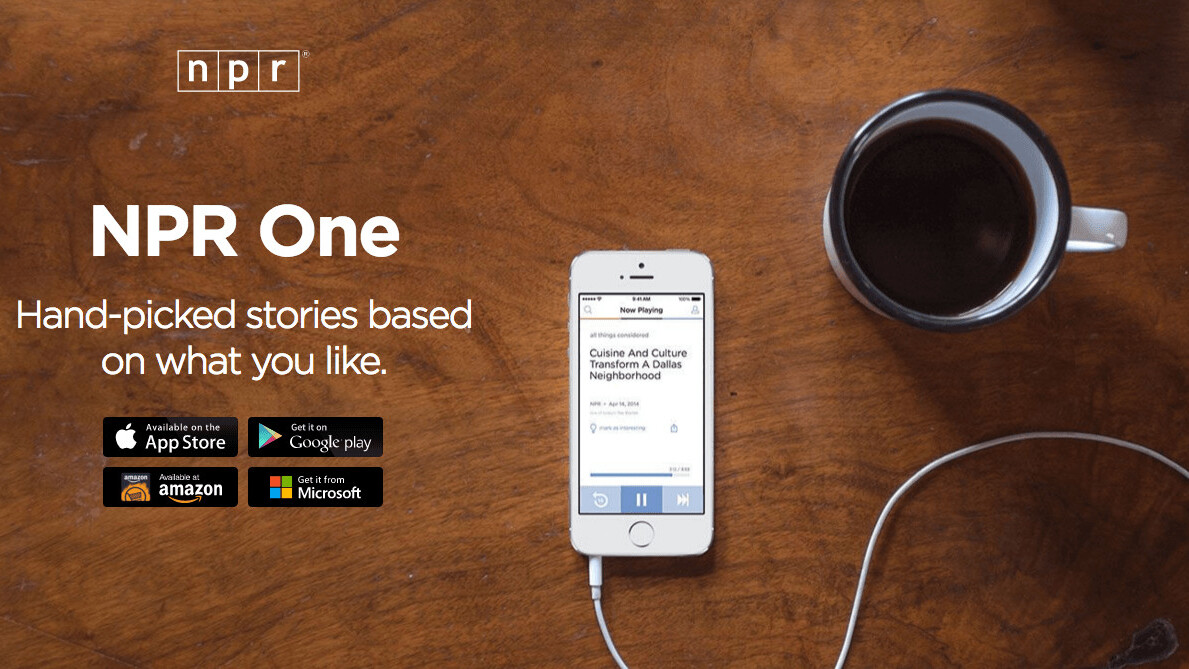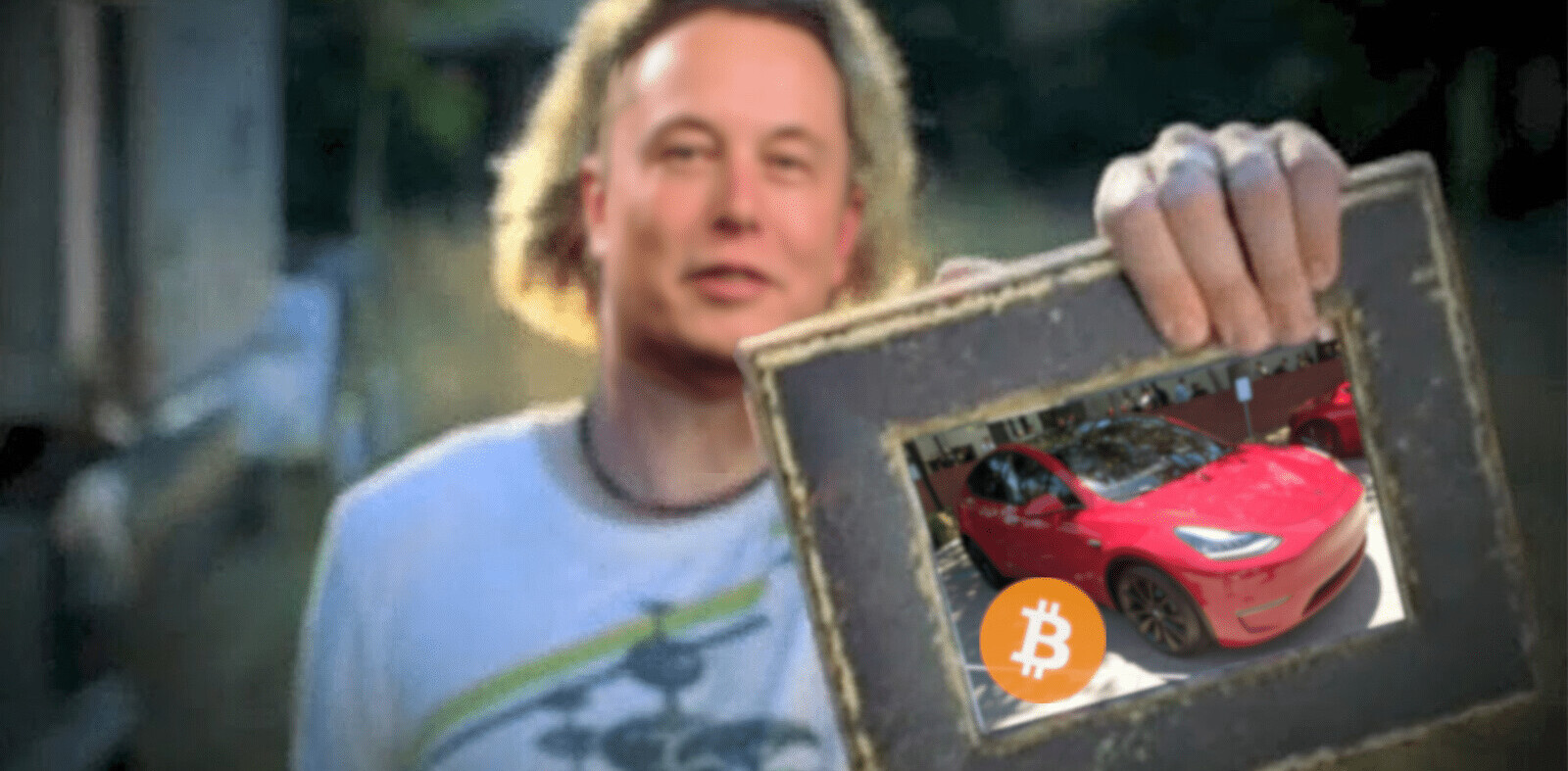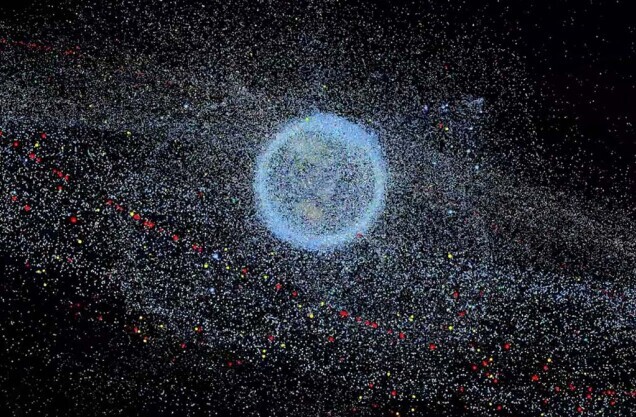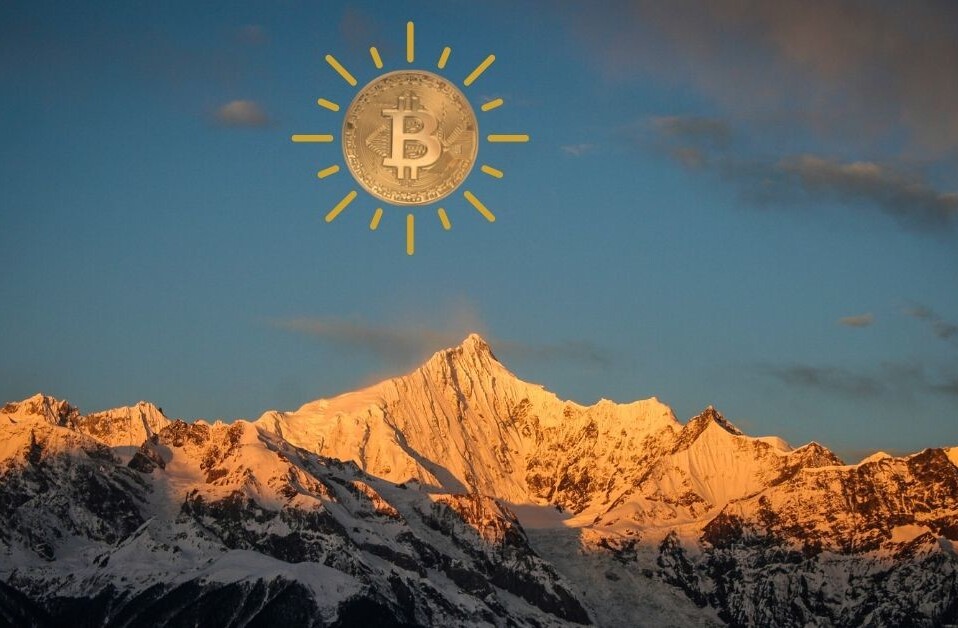
I don’t even live in the US and I love NPR podcasts: Planet Money, Ted Radio Hour, the NPR Politics Podcast.
Yes, I actually love hearing about the minutia of the US primaries, owed a lot to the warm and chatty hosts that make it way more accessible than a BBC radio show forked for online with lots of super-posh old men droning on. Dull.
But it turns out that lots of radio stations within NPR’s wider terrestrial member network, totalling more than 900 stations across the US, ain’t too excited by the rush of audiences towards online radio content.
That’s why the organization’s VP for news programming and operations Chris Turpin has updated NPR’s ethics policy with new guidance on plugging podcasts.
Spotted by Nieman Lab, it explains:
GOOD:
“That’s Linda Holmes of NPR’s Pop Culture Happy Hour podcast and our blogger on the same subject and Bob Mondello, NPR’s film critic. Thanks so much.
BAD:
“OK, everyone. You can download Alt.Latino from iTunes and, of course, via the NPR One app.
He has told hosts not to make ‘calls to action’ to get people to download podcasts, that any mention should be “informational, not promotional” and, perhaps most drastically, banned all mention of the NPR One audio streaming app.
I personally listen to more radio than I ever have before, including live broadcasts from the BBC, where its hosts plug at least their own show’s podcast to their hearts’ content.
But NPR has voiced its own concerns that its live radio audience is “graying” and because member stations rely on financial contributions from their listeners, fewer listeners means less cash.
Member stations are currently bigger financial contributors to the running of NPR than podcasts and are more confined around the commercial ad spots they carry, so it’s perhaps understandable that they see this free advertising as additional unfair treatment.
But many industries have tried to push against shifts in behavior, particularly on-demand demands in everything from TV to taxis. Few have won.
Clearly, banning mention of podcasts doesn’t stop them existing and it doesn’t stop people wanting to listen to whatever they want, whenever they want.
Surely, the only thing that can really save these stations is working out how to tap those new behaviors, and make money from them, for themselves.
➤ NPR decides it won’t promote its podcasts or NPR One on air [Nieman Lab]
Get the TNW newsletter
Get the most important tech news in your inbox each week.




